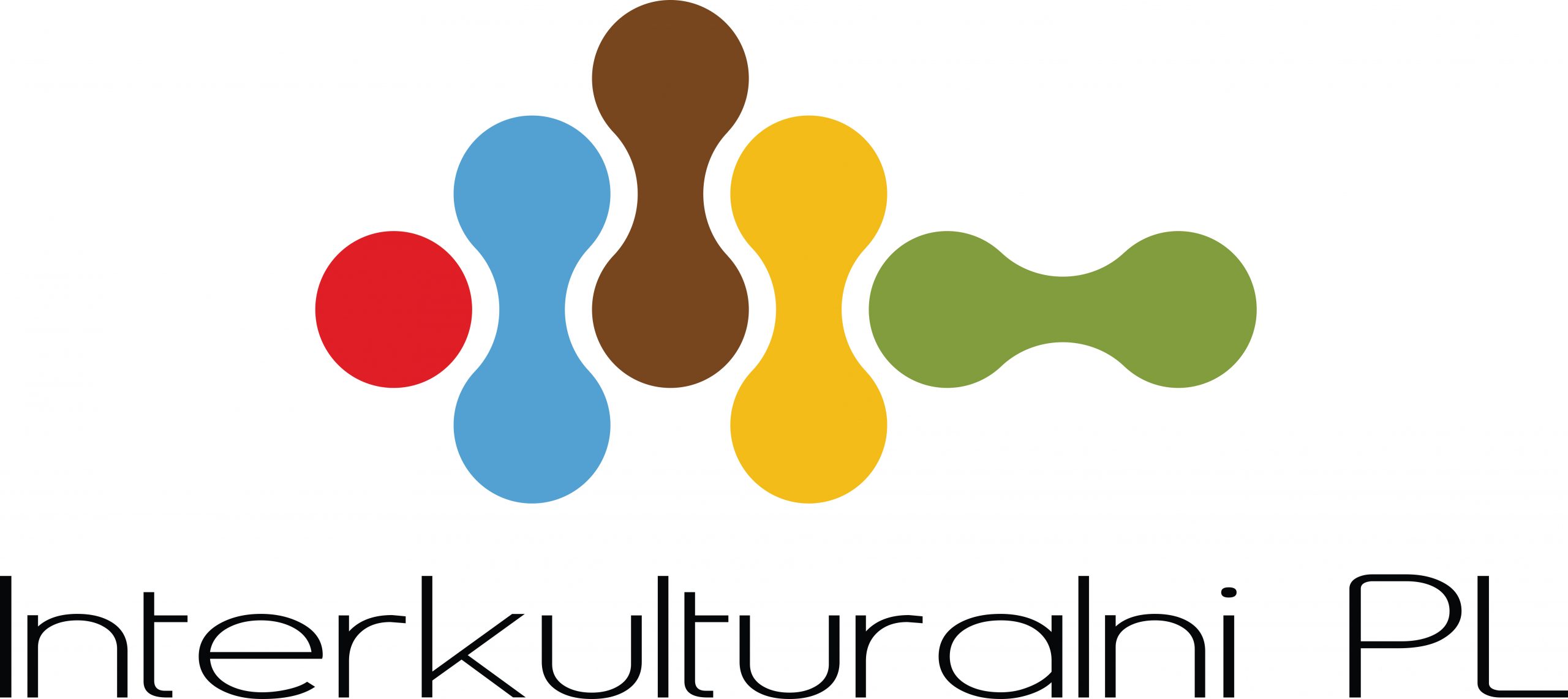current projects
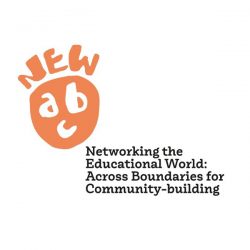
January 2021- August 2024
Alma Mater Studiorum – Università di Bologna is the leader of the international project “New ABC – Networking the Educational World: Across the Boundaries for Community Building”, implemented as part of the Horizon 2020 program. The project will begin in 2021 and will last for 44 months comprising fourteen partners from nine countries. This is the second research project of the Association implemented under this EU research and innovation program.
New ABC is a project that aims at the comprehensive development and integration of children in the local environment, with particular emphasis on various forms of education. In the project, complementary to field research, we will conduct small, pilot projects focused on integration in each of participating countries and re-test projects from other countries to check how they can be adapted to local conditions. The Polish pilot will focus on identifying, transforming and building a common identity based on regional, national and transnational history. It will enable children to cooperate with intercultural assistants on artistic projects that will help them to anchor in a new place and find their way in a new, constantly changing world.
The association will be responsible for mapping the stakeholders and creating an roadmap of activities in the project and the methodology for implementing and co-creating new educational solutions in schools. We are guided by such ideas as the whole-child approach, bottom-up approach, participatory research actions, ability to care and compassion, co-creation. We will work with an excellent and proven research team, the core of which is Urszula Majcher-Legawiec, Jagoda (Jadwiga) Romanowska, Joanna Durlik, Adam Bulandra. Jakub Kościółek as coordinator will be to supervise them, care over them and their well-being and the success of the entire project.

current projects

January 2021- August 2024
Alma Mater Studiorum – Università di Bologna is the leader of the international project “New ABC – Networking the Educational World: Across the Boundaries for Community Building”, implemented as part of the Horizon 2020 program. The project will begin in 2021 and will last for 44 months comprising fourteen partners from nine countries. This is the second research project of the Association implemented under this EU research and innovation program.
New ABC is a project that aims at the comprehensive development and integration of children in the local environment, with particular emphasis on various forms of education. In the project, complementary to field research, we will conduct small, pilot projects focused on integration in each of participating countries and re-test projects from other countries to check how they can be adapted to local conditions. The Polish pilot will focus on identifying, transforming and building a common identity based on regional, national and transnational history. It will enable children to cooperate with intercultural assistants on artistic projects that will help them to anchor in a new place and find their way in a new, constantly changing world.
The association will be responsible for mapping the stakeholders and creating an roadmap of activities in the project and the methodology for implementing and co-creating new educational solutions in schools. We are guided by such ideas as the whole-child approach, bottom-up approach, participatory research actions, ability to care and compassion, co-creation. We will work with an excellent and proven research team, the core of which is Urszula Majcher-Legawiec, Jagoda (Jadwiga) Romanowska, Joanna Durlik, Adam Bulandra. Jakub Kościółek as coordinator will be to supervise them, care over them and their well-being and the success of the entire project.

January 2019 - June 2022
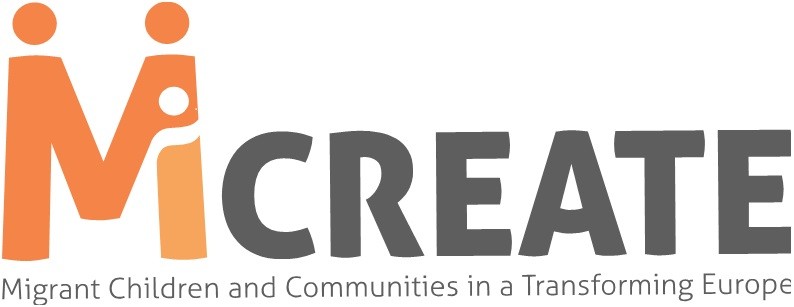
The overall objective of the project is to stimulate the inclusion of diverse groups of migrant children by adopting a child-centred approach to their integration at the educational and policy level. Stemming from the need to revisit the integration policies on the one hand and consistent with the specific focus of the call on the other hand, the research project aims at comprehensive examination of contemporary integration processes of migrant children in order to empower them. The project starts from the fact that European countries and their education systems encounter manifold challenges due to growing ethnic, cultural, linguistic diversity and thereby aims at: 1) Identifying existing measures for the integration of migrant children at the regional and local level through secondary data analysis; 2) Analysis of the social impacts of these integration programmes through case studies in ten countries applying qualitative and quantitative child-centred research; 3) Development of integration measures and identification of social investment particularly in educational policies and school systems that aim to empower children. The project is problem-driven and exploratory at the same time. Its exploratory part mainly concerns a child-centred approach to understanding integration challenges, migrants’ needs and their well-being. However, the findings of the open-ended exploratory research will be used in an explicitly problem-driven way – with an aim to stimulate migrant inclusion, to empower migrant children and build their skills already within the (participatory) research. This will be done through the activities of the Integration Lab and Policy Lab, where children’s voices, fieldwork and desk research findings will be translated into practices and measures for educational professionals and practitioners as well as into a child-centred migrant integration policy framework to stimulate social inclusion and successful management of cultural diversity.
The project will last until 31st of December 2021.
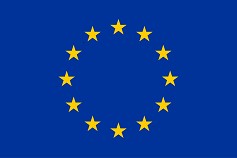
Project financed by the European Commission under the Horizon 2020 program (grant agreement number 822664).
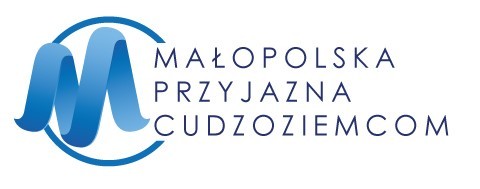
September 2018 - June 2021
The Association has been implementing tasks under the project “Małopolska friendly to foreigners – support of integration and adaptation of third-country nationals”. As part of the project, we are going to organize cultural and integration events, including a multicultural outdoor cinema, international children’s day, city games, workshops and sightseeing tours. We will be posting information about events planned on our website and social media fanpage.

Project co-financed from the National Program of the Asylum, Migration and Integration Fund.
current projects

January 2021- August 2024
Alma Mater Studiorum – Università di Bologna is the leader of the international project “New ABC – Networking the Educational World: Across the Boundaries for Community Building”, implemented as part of the Horizon 2020 program. The project will begin in 2021 and will last for 44 months comprising fourteen partners from nine countries. This is the second research project of the Association implemented under this EU research and innovation program.
New ABC is a project that aims at the comprehensive development and integration of children in the local environment, with particular emphasis on various forms of education. In the project, complementary to field research, we will conduct small, pilot projects focused on integration in each of participating countries and re-test projects from other countries to check how they can be adapted to local conditions. The Polish pilot will focus on identifying, transforming and building a common identity based on regional, national and transnational history. It will enable children to cooperate with intercultural assistants on artistic projects that will help them to anchor in a new place and find their way in a new, constantly changing world.
The association will be responsible for mapping the stakeholders and creating an roadmap of activities in the project and the methodology for implementing and co-creating new educational solutions in schools. We are guided by such ideas as the whole-child approach, bottom-up approach, participatory research actions, ability to care and compassion, co-creation. We will work with an excellent and proven research team, the core of which is Urszula Majcher-Legawiec, Jagoda (Jadwiga) Romanowska, Joanna Durlik, Adam Bulandra. Jakub Kościółek as coordinator will be to supervise them, care over them and their well-being and the success of the entire project.

